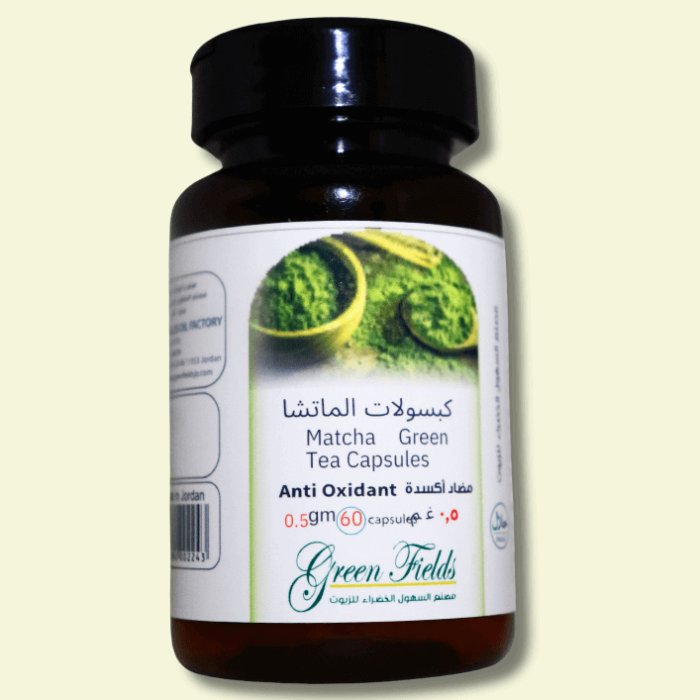A Journey from China to Japan
Matcha, the bright green tea powder we know today, has a story that’s anything but ordinary. Its roots go back to the Tang Dynasty in China, where tea leaves were first steamed and formed into bricks for easier storage. But matcha didn’t truly come into its own until it crossed over to Japan in the 12th century, thanks to Buddhist monks. These monks weren’t just sipping tea.. they were using it to stay alert during long meditation sessions. Matcha’s unique ability to calm the mind while boosting focus made it a perfect match for their spiritual needs.
Matcha and the Art of Zen
By the time matcha arrived in Japan, it wasn’t just a drink; it was an experience. Enter the Japanese tea ceremony, a tradition that took off in the 15th century. Imagine a serene room, every detail thought out, with matcha at the center of it all. Preparing matcha became a spiritual ritual, emphasizing mindfulness, simplicity, and attention to detail. The tea wasn’t just enjoyed for its taste, but for the peace it brought to those who made and drank it. This careful, deliberate process made matcha a key part of Japanese culture and Zen philosophy.
A Modern Health Revolution
Fast-forward to today, and matcha has jumped from ancient temples to modern cafes and wellness centers. While it’s easy to get caught up in the hype, matcha’s health benefits are hard to ignore. People around the world are turning to matcha not only for its rich, earthy flavor but also for its purported ability to support focus, provide a natural energy boost, and deliver a wealth of antioxidants.
Why Matcha Stands Out Today
So, what makes matcha so special in today’s crowded wellness market? It’s all about the way it’s made. Unlike other teas, matcha involves grinding whole tea leaves into a fine powder, meaning you’re consuming the entire leaf, not just what’s steeped in water. This gives matcha a potent edge, delivering more concentrated nutrients and a longer-lasting energy boost. Its versatility also helps—whether enjoyed traditionally, blended into smoothies, or added to baked goods, matcha’s unique flavor and potential benefits have something for everyone.





